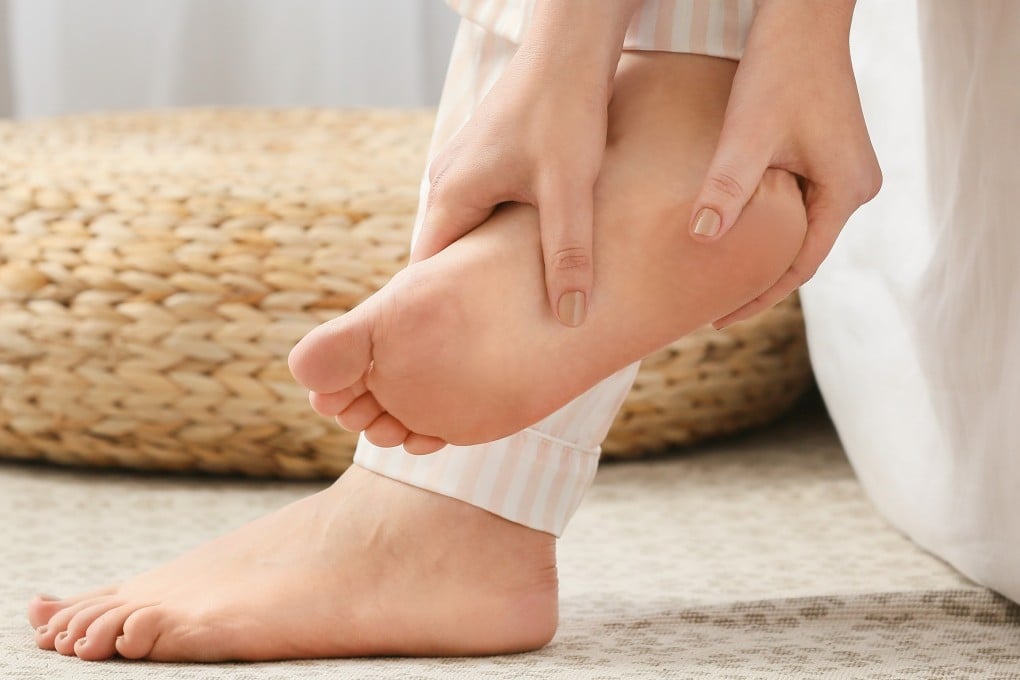Relieve stress, improve sleep with acupressure foot massage and acupuncture, used in traditional Chinese medicine – TCM
- Acupressure foot massage and foot acupuncture target energy points and pathways to organs such as the liver, kidney and spleen, Chinese medicine professor says
- Applying pressure to four energy points on the feet and lower legs may alleviate – among other things – headaches, menstrual cramps and digestive issues

In traditional Chinese medicine (TCM), the feet are considered one of the most crucial parts of the human body. This is reflected in the Chinese saying, “All diseases arise from cold, and cold enters the body through the feet”.
In stimulating these points by applying pressure through acupuncture, practitioners believe they can promote the smooth flow of qi to enhance blood circulation and support the body’s natural healing processes.
Origins
According to this text, our feet have more than 60 acupoints, each corresponding to a specific part of the body.

Professor Yu Jin, from the Clinical Medical College of Acupuncture, Moxibustion and Rehabilitation at Guangzhou University of Chinese Medicine in China’s Guangdong province, says the meridians are like an information network, with the acupoints equivalent to the nodes on the network.
